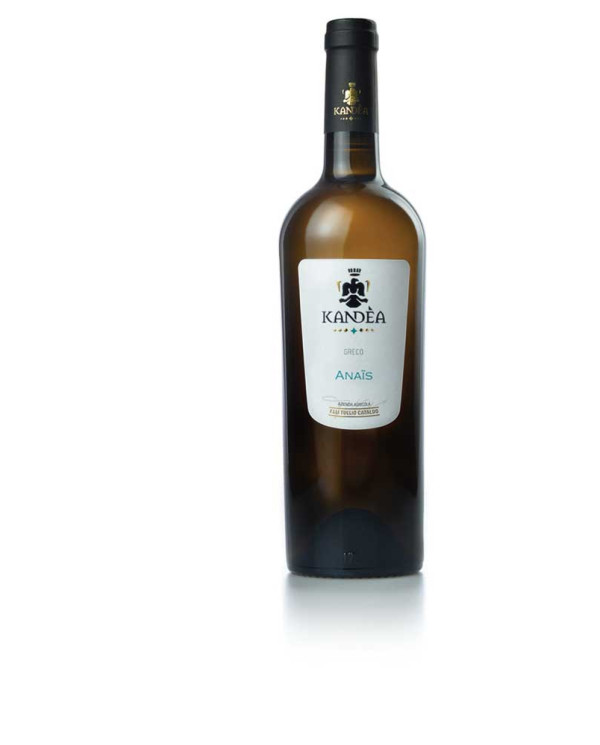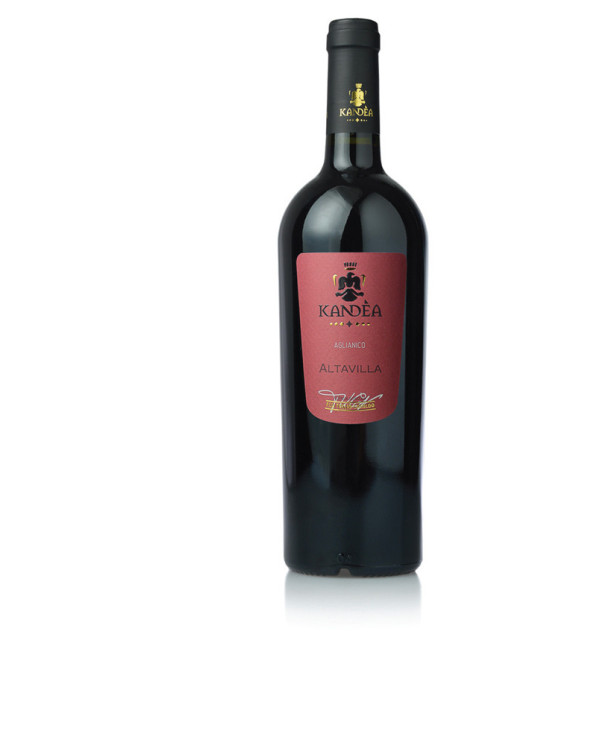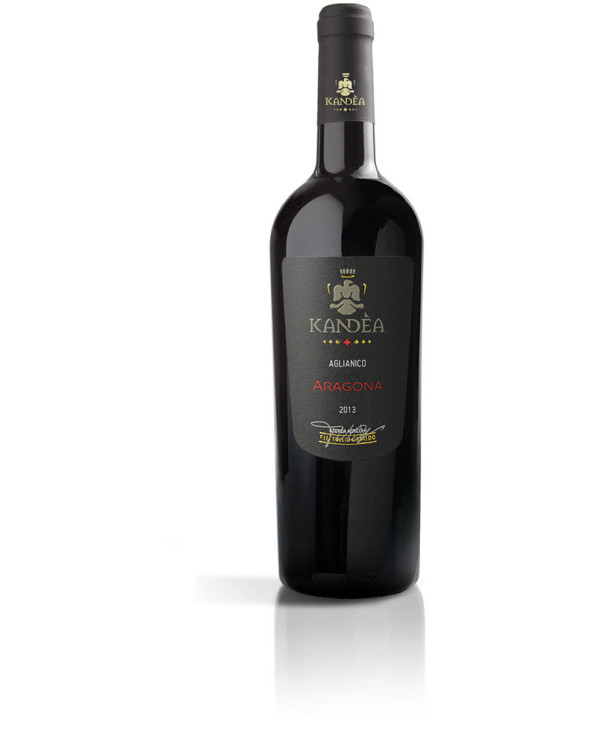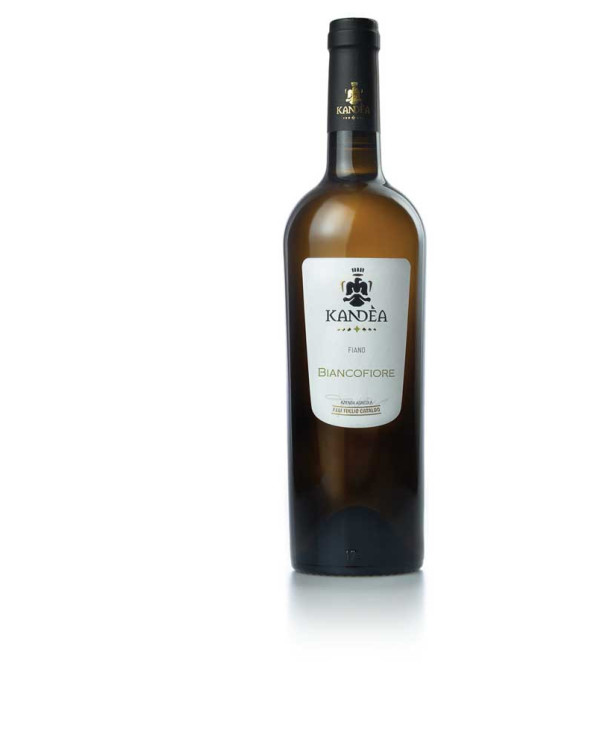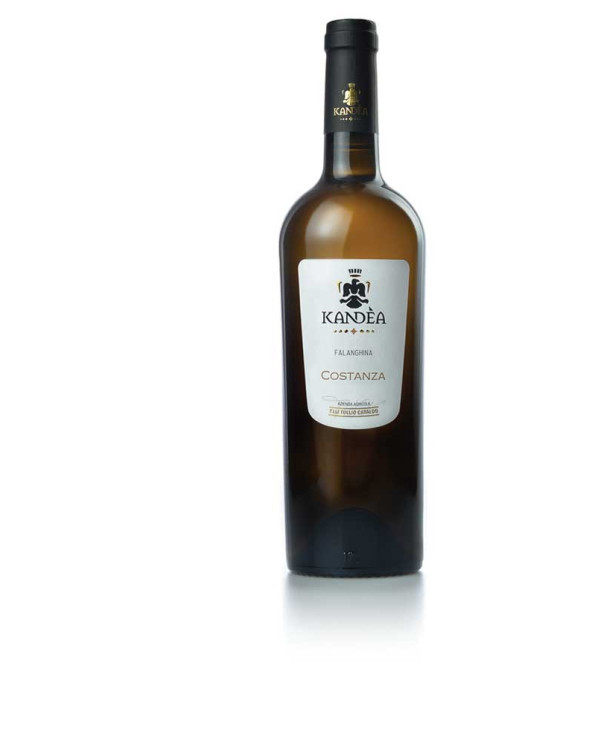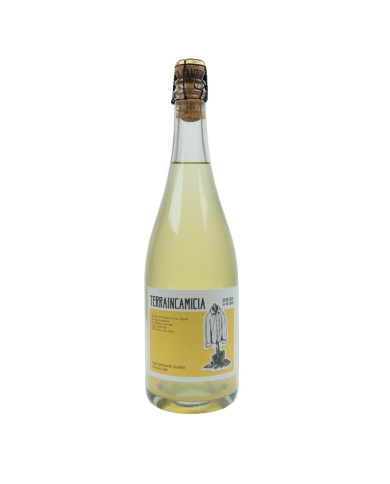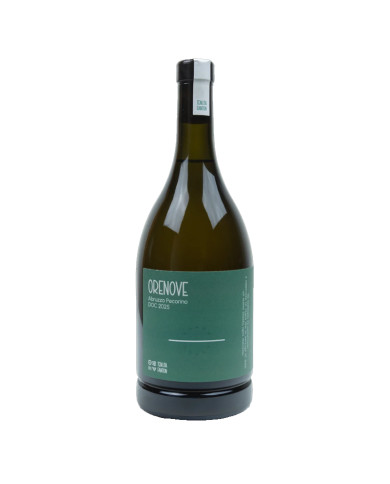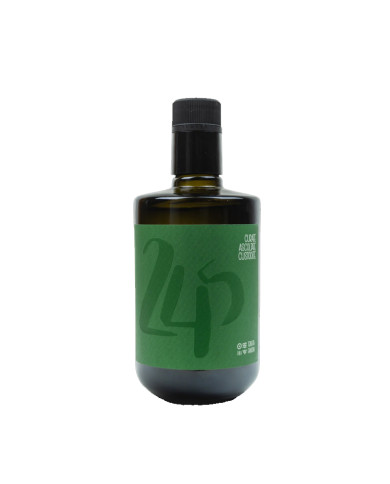Daunia denomination
The "Daunia Designation" is a recognized geographical indication for wines produced in the Daunia region, located in the northern part of Puglia, Italy. This designation is synonymous with quality and winemaking tradition, reflecting the distinctive characteristics of the Daunia region and the artisanal skill of its producers.
Origins and Characteristics
Daunia is a region rich in history and culture, known for its hilly landscapes and Mediterranean climate. The grape varieties grown in the region primarily include Nero di Troia, Bombino Nero, and Pampanuto. These varieties give Daunia wines a unique and complex character, reflecting the terroir and the expertise of its winemakers.
Production Methods
Daunia Denomination wines are produced using traditional, artisanal methods. The grapes are harvested by hand and carefully selected before pressing and fermentation. Fermentation can take place in stainless steel or wooden barrels, depending on the desired characteristics of the wine. After fermentation, the wines can be aged in wooden barrels or in bottles before being released for sale.
Sensory Characteristics
The wines of Daunia are distinguished by their aromatic complexity and elegant palate. Nero di Troia offers intense aromas of ripe red fruit, spices, and aromatic herbs, with soft tannins and a pleasant acidity. Bombino Nero offers notes of fresh fruit and white flowers, with a lively freshness and a pleasant minerality. Pampanuto, on the other hand, offers notes of exotic fruit and citrus, with remarkable freshness and persistence.
Name and Certifications
The Daunia denomination is recognized as a Protected Geographical Indication (PGI), guaranteeing the quality and authenticity of the wines produced in the region. The wineries producing these wines must adhere to strict production standards and undergo quality controls to ensure respect for tradition and the uniqueness of the wine.
FAQs
What are the main grape varieties used in the production of Daunia wines?
The main grape varieties used in the production of Daunia wines include Nero di Troia, Bombino Nero and Pampanuto.
What are the recommended pairings for Daunia wines?
Daunia wines pair well with a variety of Apulian and Italian cuisine. Nero di Troia pairs well with roast meats, game, and aged cheeses, while Bombino Nero pairs well with grilled fish, seafood, and vegetable dishes. Pampanuto pairs perfectly with light appetizers, fish-based first courses, and white meat dishes.
How long can Daunia wines be aged?
The aging potential of Daunia wines depends on the type of wine and the specific characteristics of the harvest. Nero di Troia and Bombino Nero can be aged for several years in the bottle, developing greater complexity and structure, while Pampanuto is generally enjoyed young to maintain its freshness and vivacity.
Where can I buy Daunia wines?
Daunia wines are available at specialized wine shops, local wineries, and online wine shops. They can also be found in restaurants and venues that showcase the region's typical products.
What are the distinctive characteristics of Daunia wines?
The wines of Daunia are distinguished by their aromatic complexity, their elegance on the palate, and their typically Daunian character, which reflects the uniqueness of the territory and the artisanal skill of local producers.

